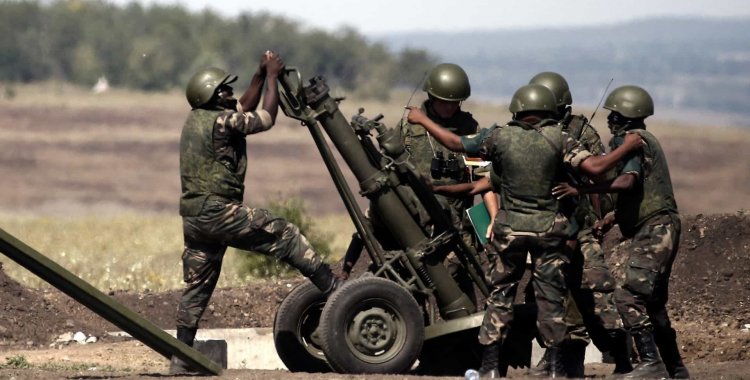The authorities claim that "there is no" legislation that defines the terms and conditions for sending military and paramilitary contingents of the Republic of Angola abroad on humanitarian, peacekeeping, peace-making or crisis management missions.
The sending of military and paramilitary contingents outside the country also covers missions arising from international commitments made by the State in the military and paramilitary field.
According to the Law on the Sending of Angolan Military and Paramilitary Contingents Abroad, consulted Friday by Lusa, which will be voted on next week in Parliament, the law establishes "rules and principles to be observed.
Respect for "human rights, reciprocity of advantages, cooperation for peace, justice and progress of mankind, respect for the sovereignty of other states and the peaceful coexistence between military and paramilitary, population and humanitarian professionals" are the principles that govern the sending of contingents, according to the law.
The legal instrument determines that it is up to the National Assembly to authorize the sending of Angolan military and paramilitary contingents abroad, at the request of the President of the Republic, as Commander in Chief of the Angolan Armed Forces (FAA).
This law also "authorizes" the President of the Republic to send, "in an emergency situation resulting from natural disasters," military and paramilitary contingents outside the country, "making it known" to the National Assembly.
The President of the Republic and Commander in Chief of the FAA "does not need to inform the National Assembly on the sending of military and paramilitary personnel individually within the scope of international commitments assumed by the Angolan State.
"Once the participation of a military and paramilitary contingent is concluded, the President of the Republic sends to the National Assembly, through the Minister of National Defense, a detailed report on the mission," reads article six of this law.
The Law on the sending of Angolan military and paramilitary contingents outside the country has nine articles distributed in three chapters.







